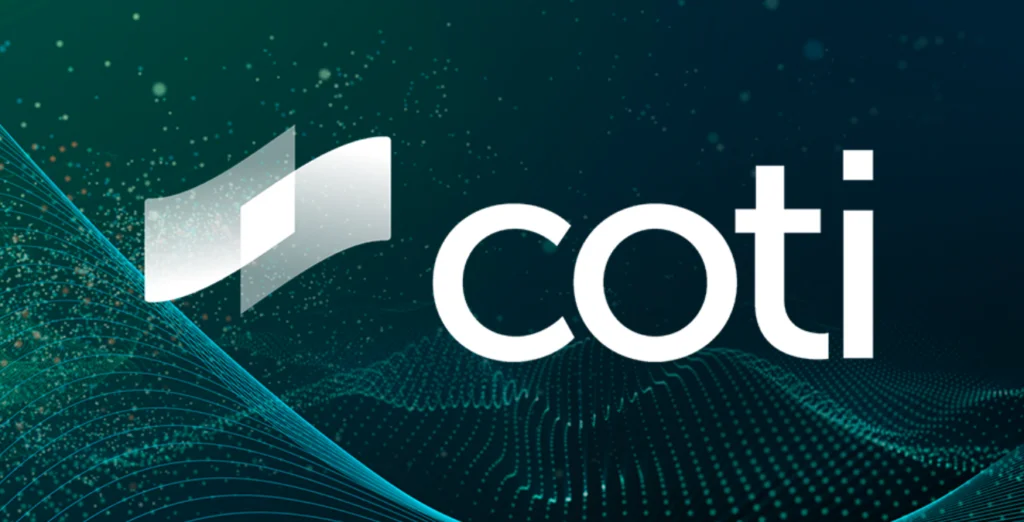Coti, an enterprise-grade blockchain through a transition in 2024, will evolve into a layer-2 protocol on Ethereum that prioritizes privacy and scalability.

Cointelegraph has obtained an announcement detailing the transition of Coti from a stand-alone protocol to an Ethereum layer 2 to extend the ecosystem’s access to its privacy functionalities.
By utilizing a cryptographic technique known as garbled circuits, Coti v2 enables the processing of transactions while preventing the disclosure of sensitive data and information.
Garbling protocols, which originate from the domain of multi-party computation (MPC), facilitate the collaborative calculation of a function by two or more entities while maintaining the confidentiality of their inputs and intermediate variables.
Since its inception in the 1980s, the method has evolved into a crucial component of privacy-preserving technologies. The principal benefit of the technology is that it protects the confidentiality of individual inputs while permitting multi-party computation.
Garbling protocols are advantageous when including sensitive data in a computation is necessary without disclosing the data itself. The CEO of Coti, Shahaf Bar-Geffen, describes how the protocol safeguards against the disclosure of sensitive information to competitors, collaborators, and clients conducting business on its chain:
“Sensitive data transmitted as public information on a blockchain is a bug, not a feature. This isn’t tolerated in legacy business systems, so why should it be tolerated on-chain?”
According to Bar-Geffen, garbling protocols provide a distinctive methodology within the framework of Coti v2 as they facilitate the execution of smart contracts and transactions while ensuring the confidentiality of the information among the participants:
“This level of privacy is particularly important in decentralized finance applications where transaction confidentiality can be as critical as transaction integrity.”
According to the CEO, Coti’s primary objective is to enable enterprise functions to operate in complete secrecy on a blockchain network. According to him, alternative platforms prioritizing anonymity as a method of safeguarding privacy cross the line into regulatory scrutiny and may not consistently serve as a compliant foundation for the broader ecosystem.
Coti intends its protocol to accommodate use cases in finance and healthcare that demand sophisticated privacy provisions. Enterprise-oriented, its present protocol enables the administration of blockchain-based products such as wallets, custom-branded tokens, website integrations, and fiat on- and off-ramps.
The developer network release of Coti v2 is planned for the second quarter of 2024. At this time, Coti offers layer-1 digital infrastructure services for Web3 applications. This consists of wallet, token, and payment module utilities. There is $31 million worth of value locks on its current layer-1 protocol.
